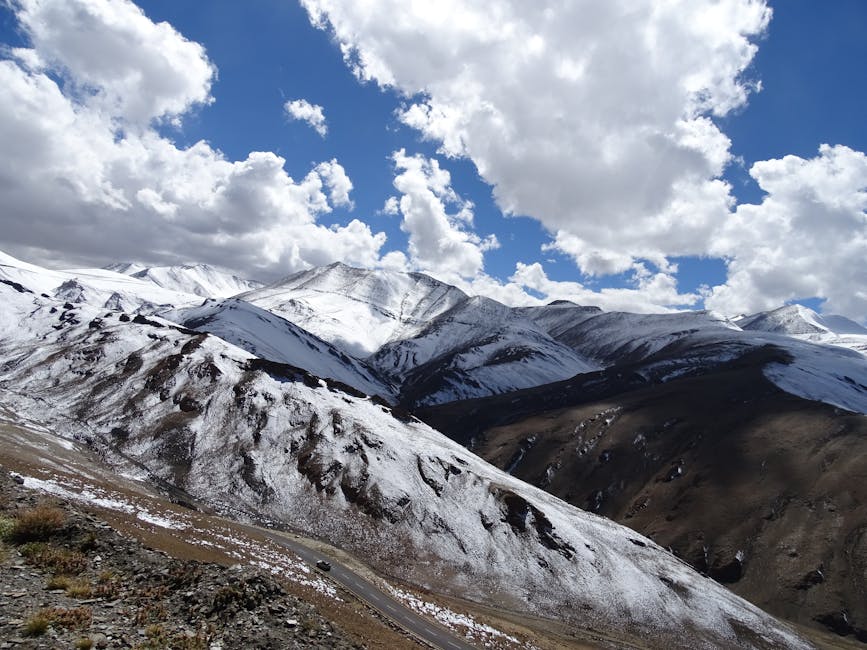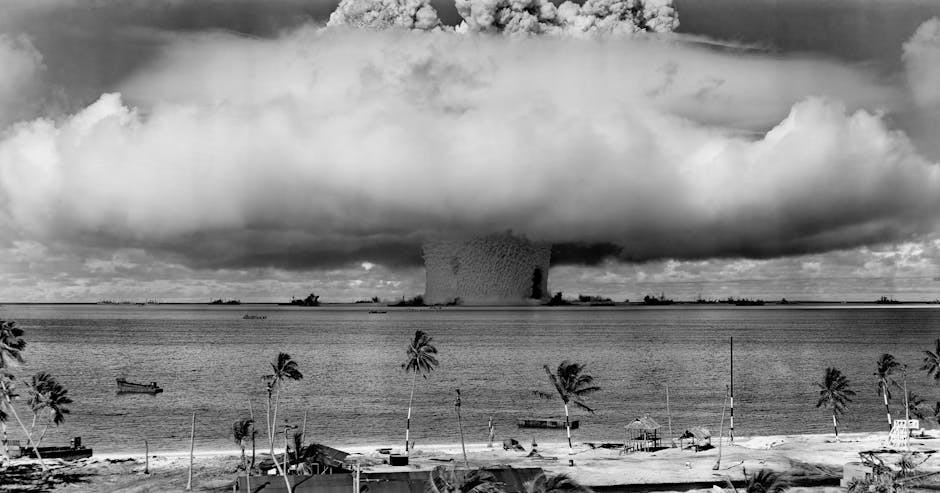In a groundbreaking development, Pakistan has claimed to export rare earth elements (REEs) to the United States, potentially reshaping global trade dynamics. Announced by Pakistani officials on Tuesday, this move could mark a turning point for Pakistan’s economy and its role in the global supply chain of critical minerals. Rare earth elements, essential for high-tech devices, renewable energy technologies, and defense systems, are currently dominated by China, which controls nearly 60% of global production. Pakistan’s entry into this market could have significant geopolitical and economic repercussions.
The Rare Earth Rush
Rare earth elements are vital for manufacturing smartphones, electric vehicles, wind turbines, and advanced military equipment. With the global push toward green energy and technological innovation, demand for these metals has surged. However, the supply chain is heavily concentrated in China, raising concerns about over-reliance on a single source. The U.S., Europe, and other nations have been seeking to diversify their supply chains, and Pakistan’s announcement could offer a viable alternative.
Pakistani officials revealed that the exported rare earth elements were sourced from the mineral-rich regions of Balochistan and Khyber Pakhtunkhwa. These areas, known for their untapped mineral wealth, have faced challenges such as political instability, logistical issues, and lack of investment. The recent export deal with the U.S. suggests Pakistan is making progress in overcoming these hurdles.
Geopolitical Implications
Pakistan’s entry into the rare earth market comes amid heightened U.S.-China tensions. The U.S. has been actively reducing its dependence on Chinese REEs, and Pakistan’s emergence as a supplier could serve as a strategic counterbalance. For Pakistan, this deal strengthens economic ties with the U.S. and positions the country as a key player in the global mineral trade.
This development could also impact South Asia. India, Pakistan’s regional rival, has been exploring its own rare earth reserves in states like Odisha and Tamil Nadu. Pakistan’s successful export might accelerate India’s efforts to tap into this lucrative market, potentially sparking a regional competition.
Economic Boost for Pakistan
For Pakistan, grappling with high inflation and a growing debt burden, the rare earth export deal could be transformative. The global rare earth market is projected to reach $20 billion by 2030, and even a small share could significantly boost Pakistan’s economy. Revenue from these exports could fund infrastructure development, job creation, and social welfare programs, addressing some of the country’s economic challenges.
However, challenges remain. Extracting and processing rare earth elements is complex and environmentally taxing. Pakistan must invest in advanced technology and sustainable practices to prevent ecological degradation. Additionally, security concerns in mineral-rich regions, plagued by insurgency and unrest, need to be addressed.
Looking Ahead
While Pakistan’s claim of exporting rare earth elements to the U.S. is a milestone, it remains to be seen if the country can scale up operations to become a major global supplier. The deal has the potential to transform Pakistan’s economy and enhance its geopolitical standing, but significant challenges must be addressed.
As global demand for rare earth elements grows, Pakistan’s entry into this market could mark the beginning of a new era in global trade. All eyes are on Islamabad to see how it navigates this opportunity for long-term growth and stability.
Stay tuned to NextMinuteNews for more updates on this developing story and its impact on the global economy and geopolitics.




